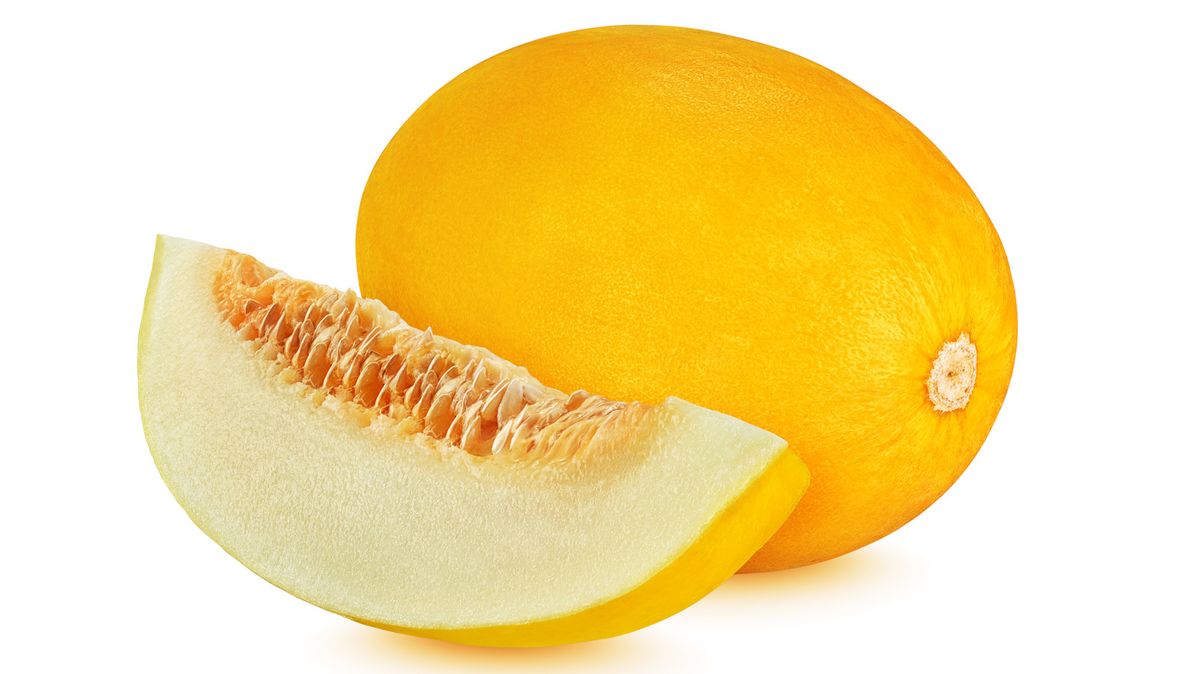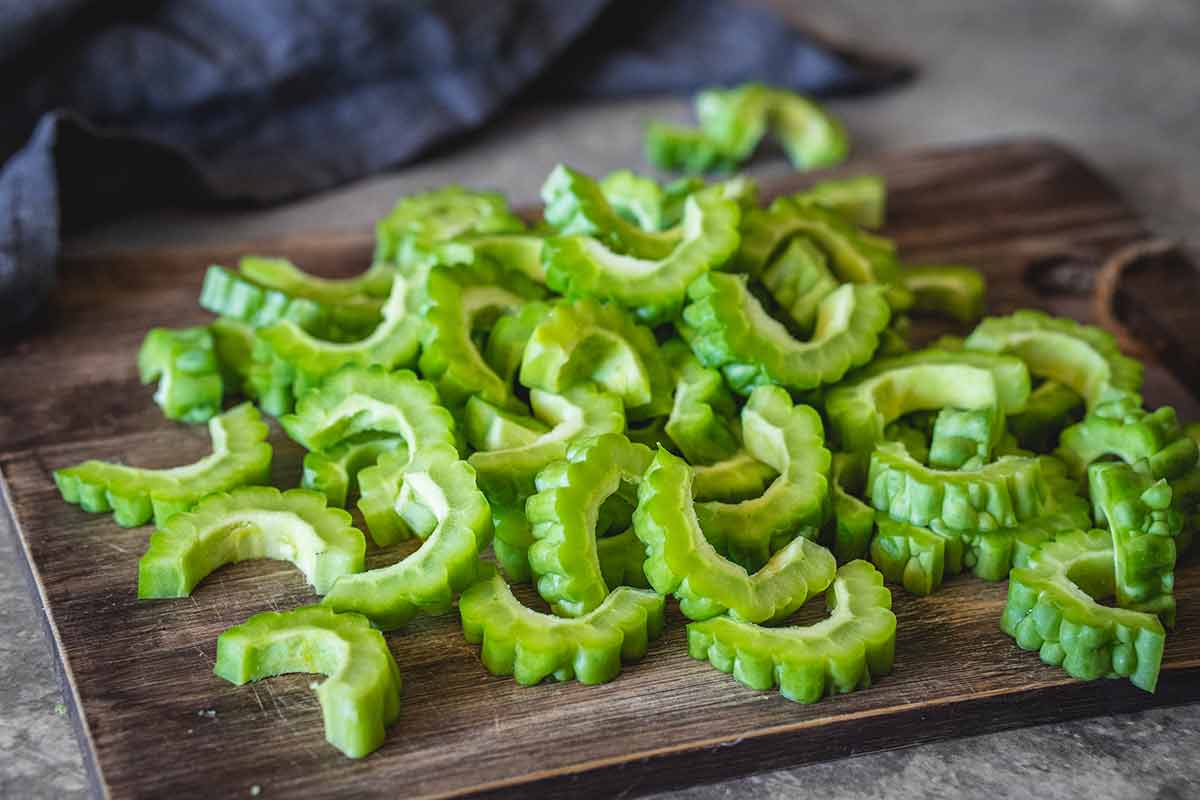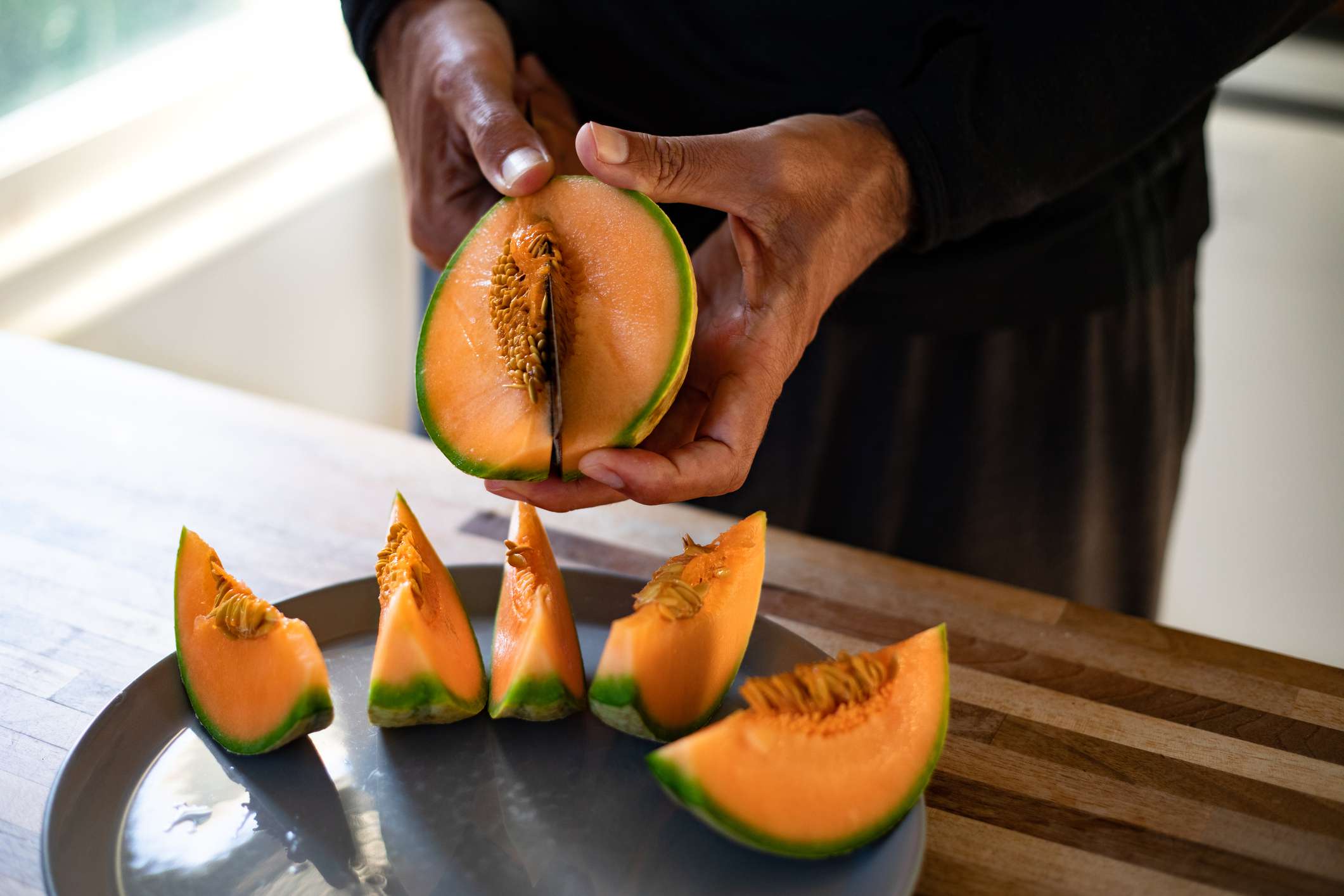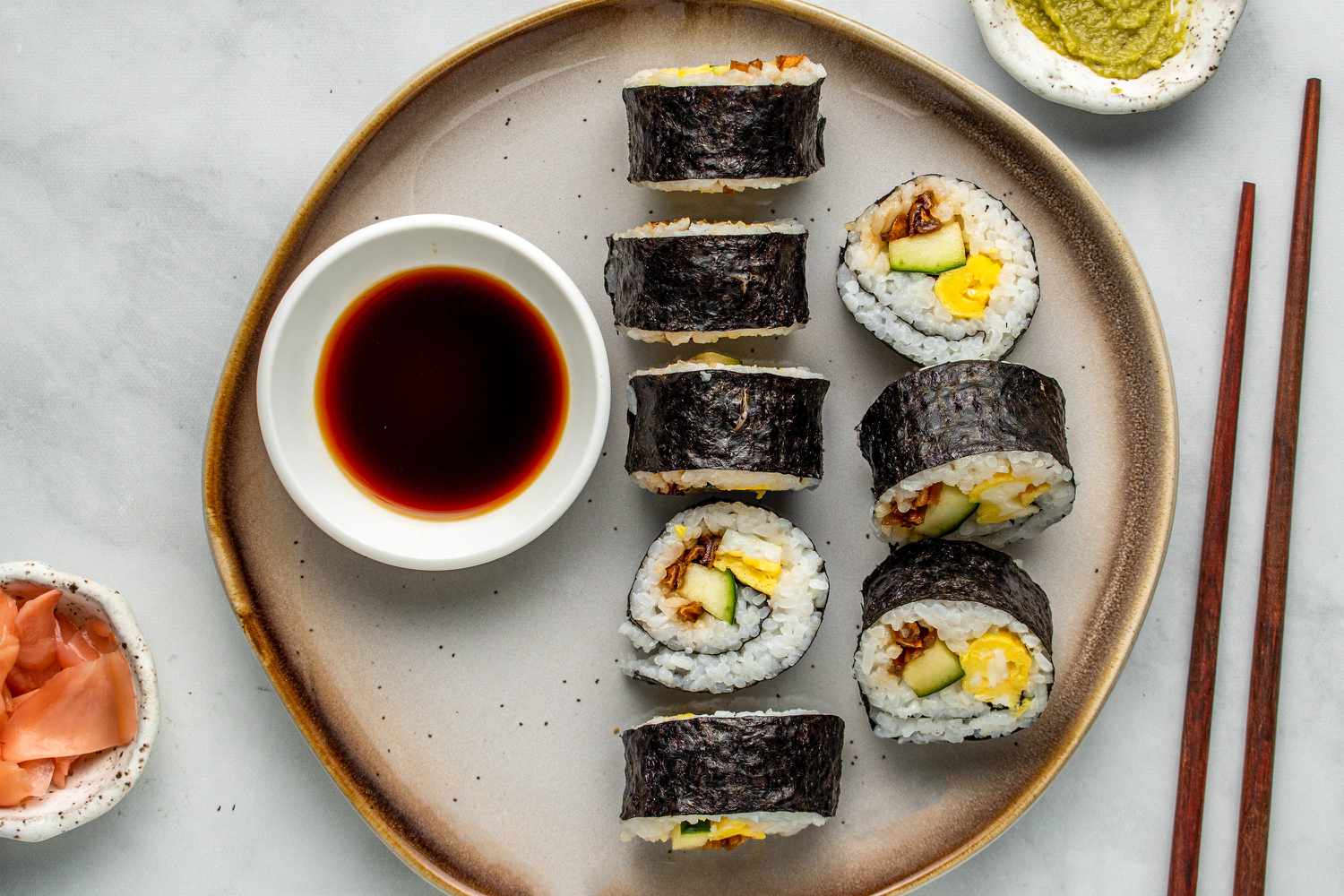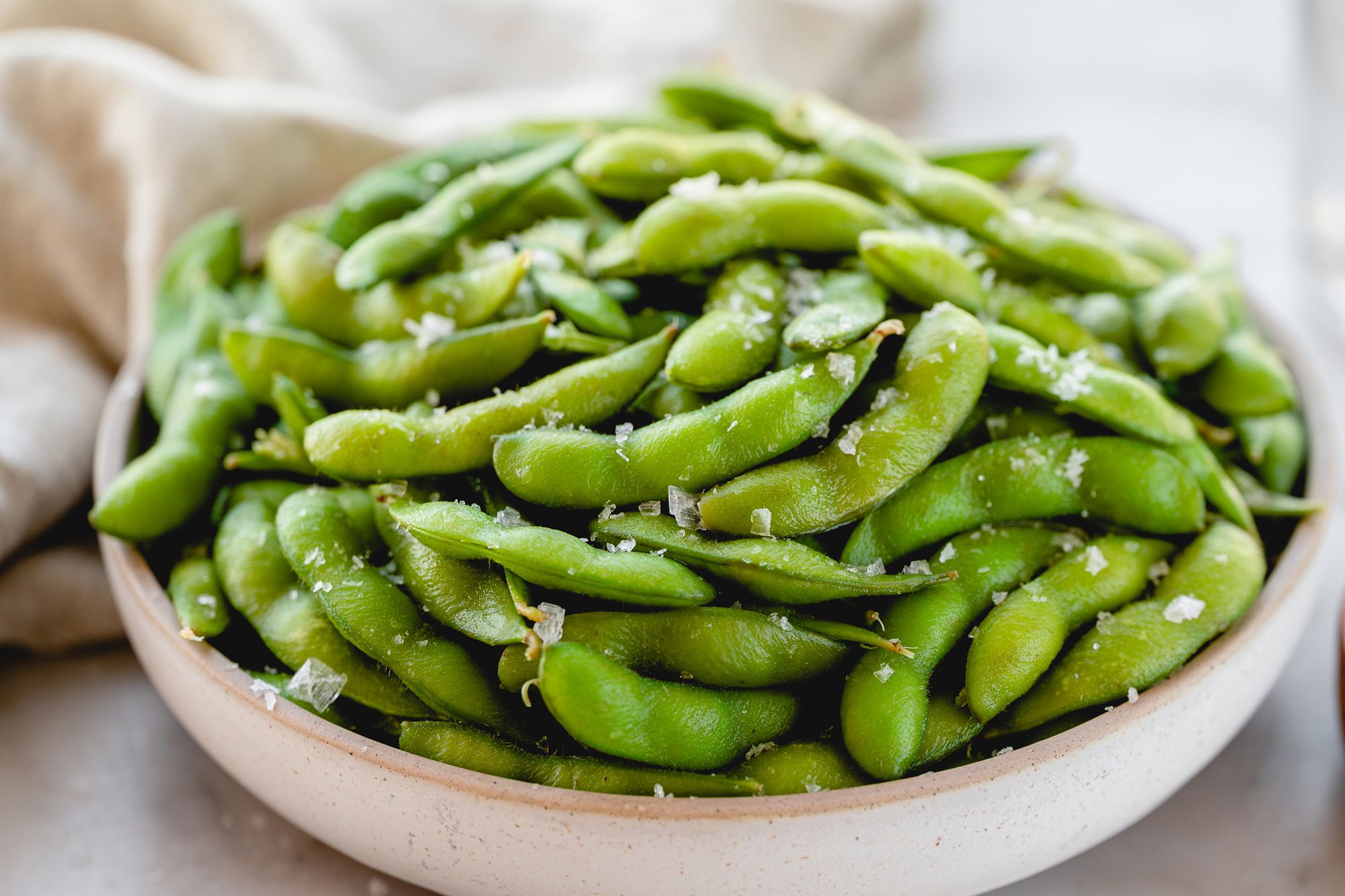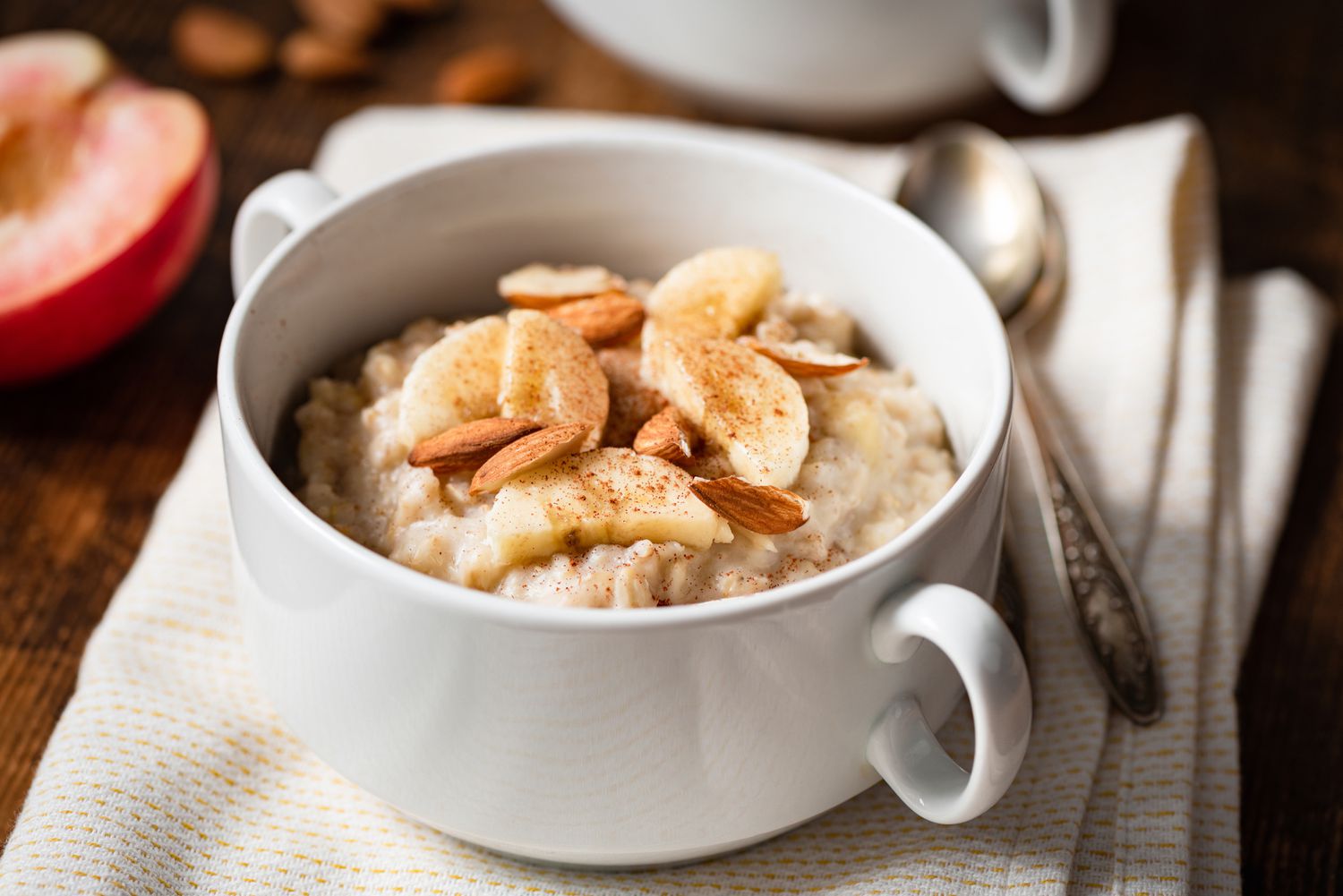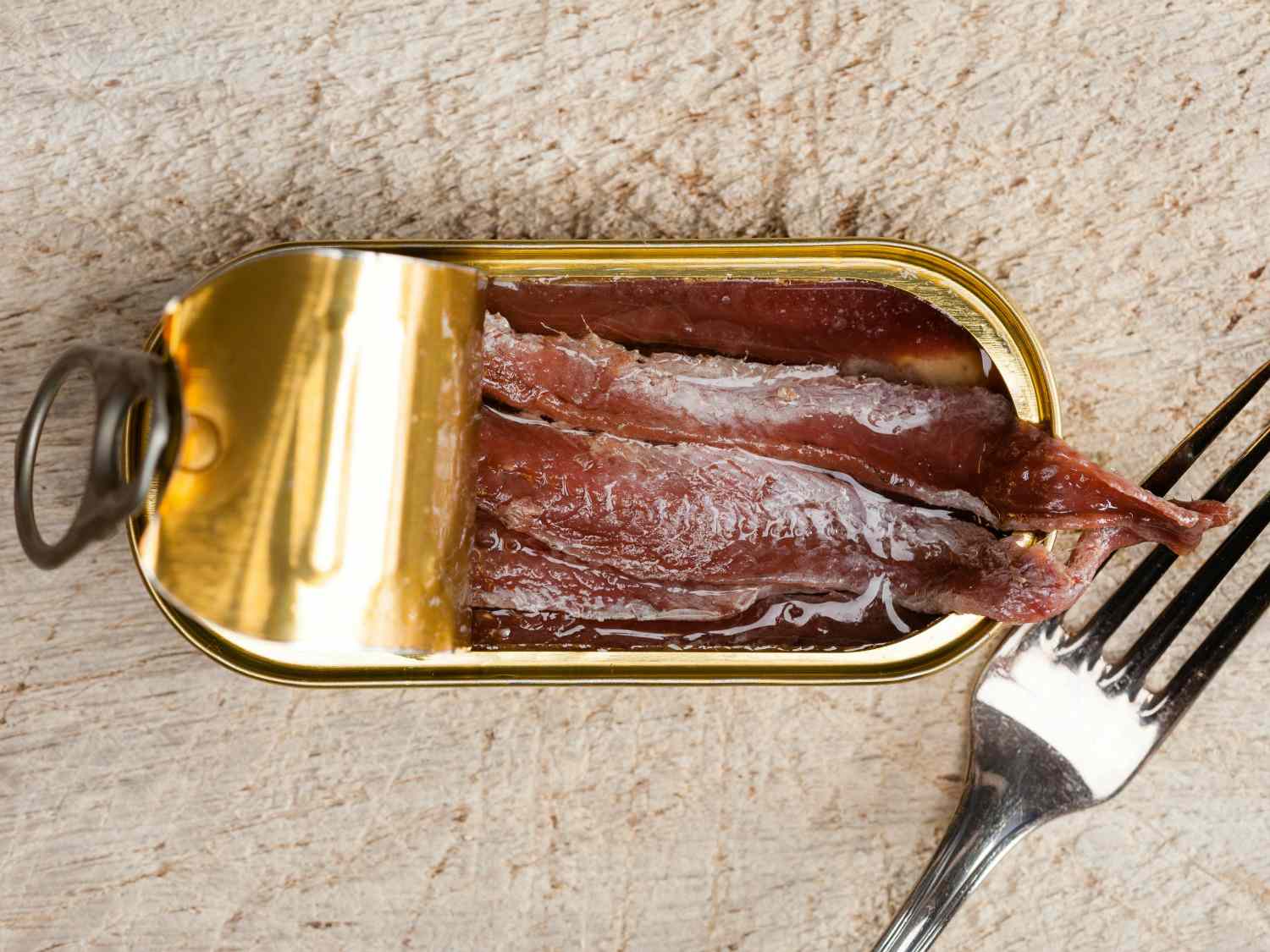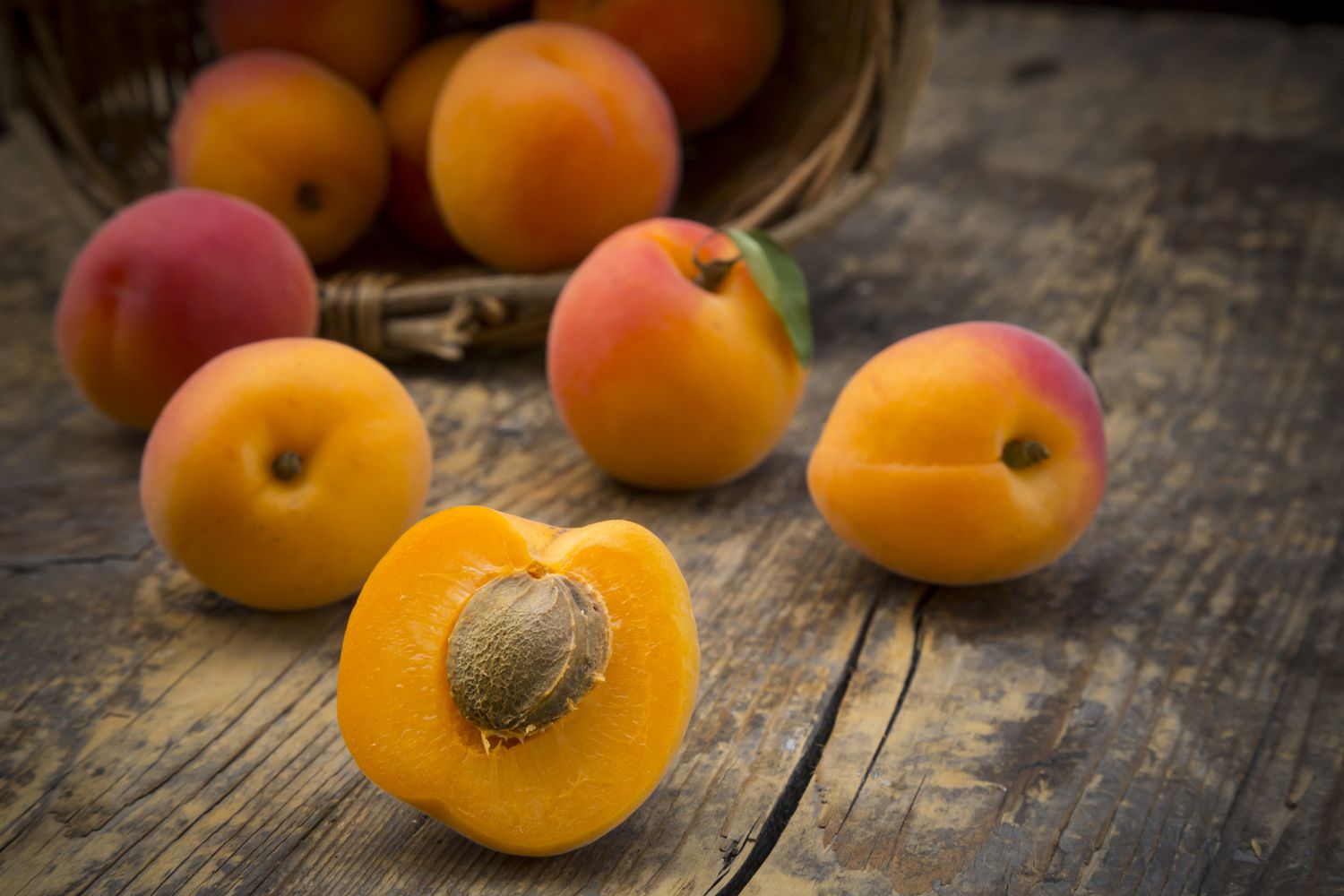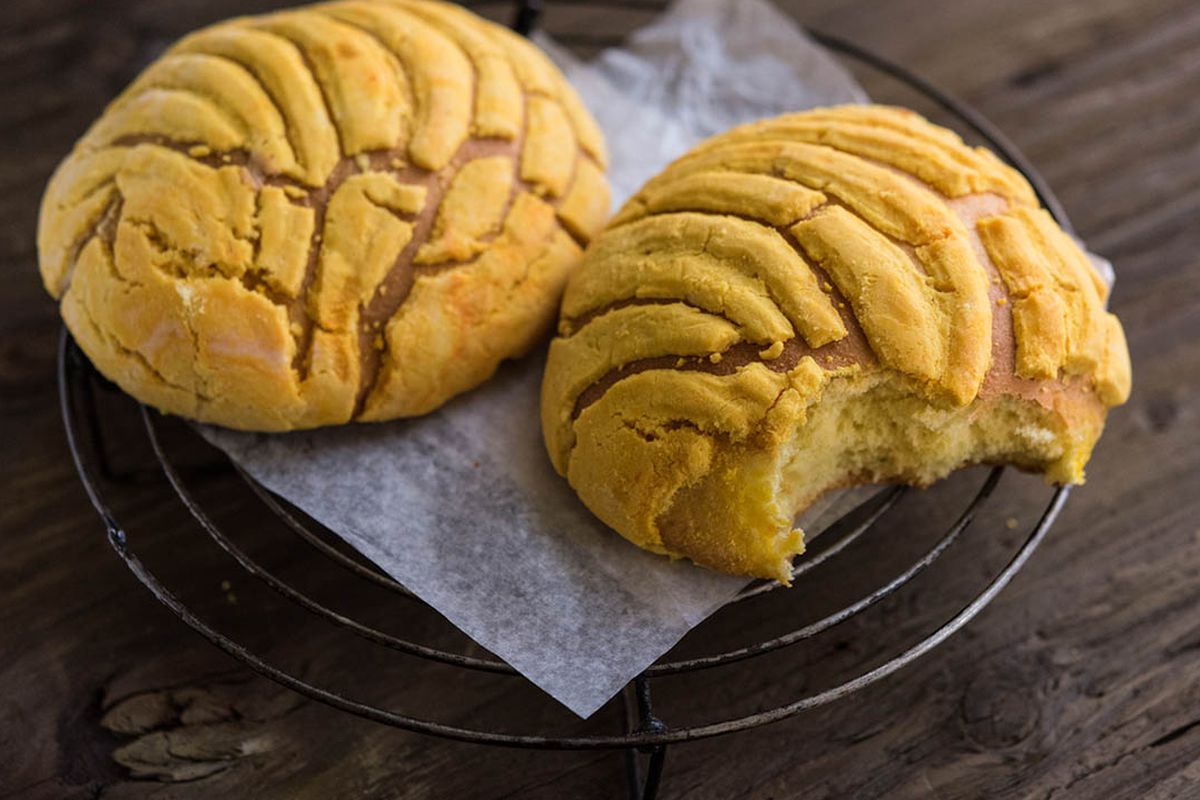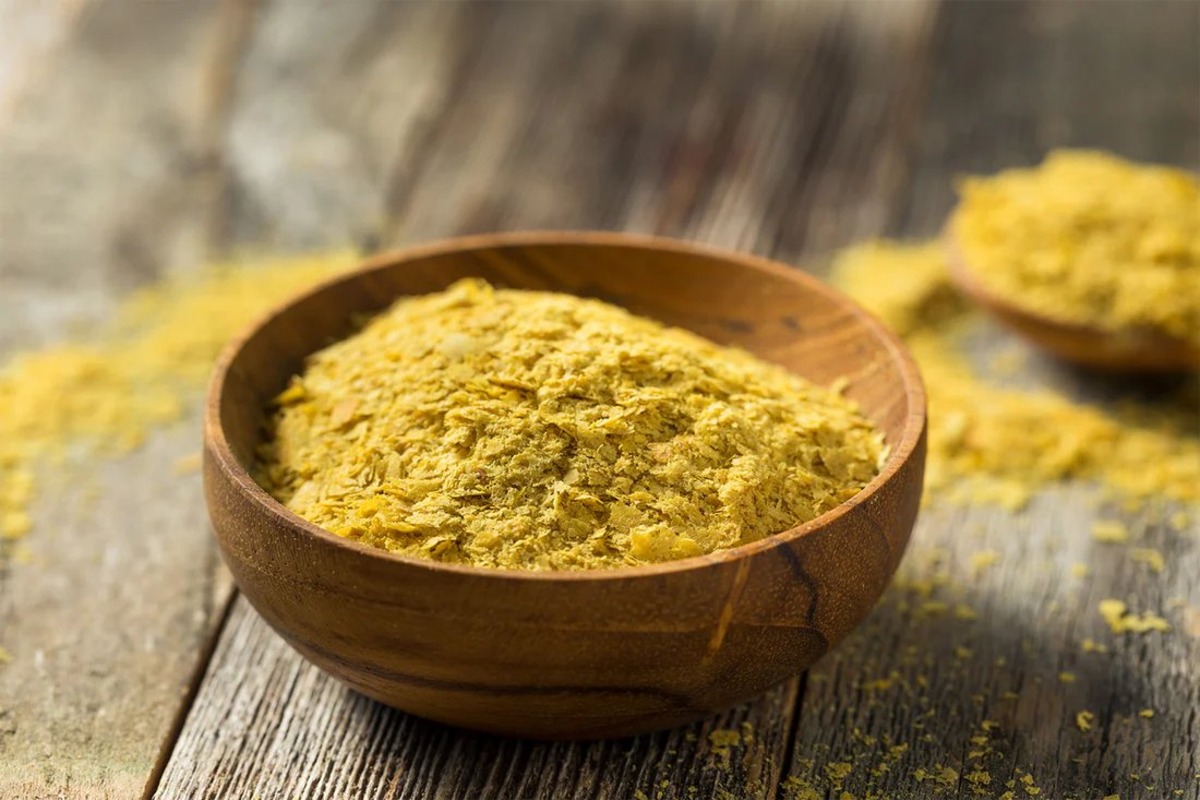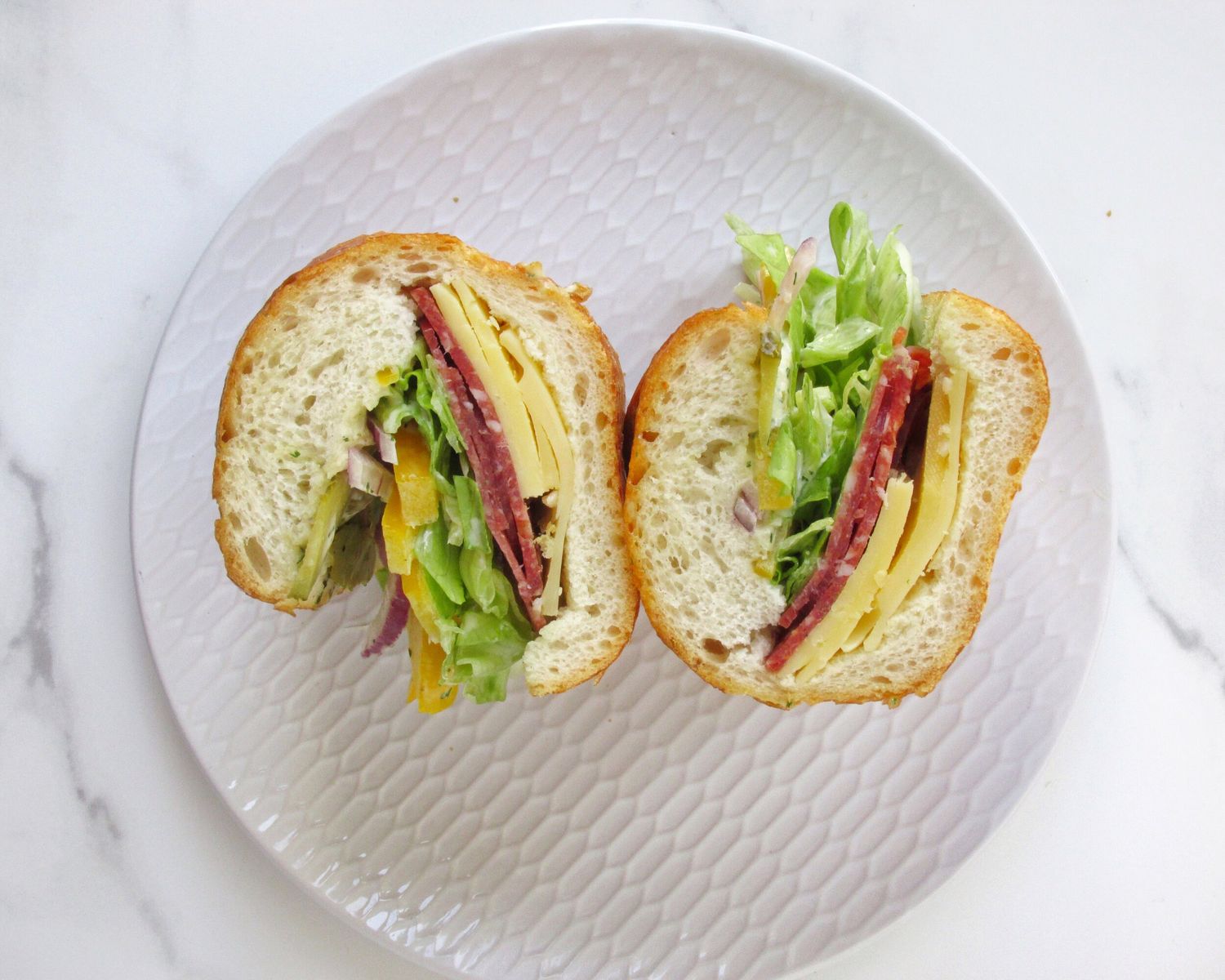Unlocking the Nutritional Benefits of Melon Seeds
When it comes to snacking, melon seeds are often overlooked, but these tiny seeds are packed with nutrition and flavor. Whether you’re enjoying a juicy slice of watermelon or a sweet cantaloupe, don’t toss those seeds aside. Here’s how you can make the most of these nutritious little gems.
Roasting Melon Seeds for a Crunchy Snack
One of the most popular ways to enjoy melon seeds is by roasting them. This simple process brings out their natural nutty flavor and creates a satisfying crunch. Here’s how to do it:
- Preheat your oven to 325°F (165°C).
- Rinse the melon seeds to remove any pulp or residue.
- Pat the seeds dry with a paper towel.
- Spread the seeds in a single layer on a baking sheet.
- Drizzle with a bit of olive oil and sprinkle with salt or your favorite seasonings.
- Bake for 15-20 minutes, stirring occasionally, until the seeds are golden brown.
- Let them cool before enjoying this delicious and nutritious snack.
Adding Melon Seeds to Your Recipes
Melon seeds can also be a versatile addition to your favorite recipes. Whether you’re baking, cooking, or blending, these seeds can add a nutritional boost to your dishes. Here are a few ideas to get you started:
- Smoothies: Add a tablespoon of melon seeds to your favorite smoothie recipe for added protein and healthy fats.
- Salads: Sprinkle roasted melon seeds on top of your salads for a crunchy texture and nutty flavor.
- Baked Goods: Incorporate ground melon seeds into your baked goods for a nutritious twist. They can be a great addition to muffins, breads, and granola bars.
- Trail Mix: Combine roasted melon seeds with nuts, dried fruits, and dark chocolate for a satisfying and energizing snack.
The Health Benefits of Melon Seeds
Besides being delicious and versatile, melon seeds offer a range of health benefits. They are a good source of protein, fiber, and healthy fats, making them a great addition to a balanced diet. Additionally, melon seeds contain essential nutrients such as iron, magnesium, and zinc, which are important for overall health and well-being.
Research has also shown that the compounds found in melon seeds may have antioxidant and anti-inflammatory properties, which can help protect the body from oxidative stress and chronic disease.
Choosing the Right Melon Seeds
When it comes to enjoying melon seeds, it’s important to choose high-quality seeds. Look for seeds that are fresh, dry, and free from mold or damage. If you’re purchasing pre-packaged seeds, check the expiration date and ensure that the packaging is intact.
For those who enjoy gardening, you can also save and roast the seeds from your own melons. Simply rinse the seeds, remove any pulp, and allow them to dry completely before roasting.
In Conclusion
Don’t let those melon seeds go to waste! Whether you’re roasting them for a crunchy snack or incorporating them into your favorite recipes, these tiny seeds are a nutritional powerhouse. With their delicious flavor and impressive health benefits, melon seeds are a simple and tasty way to boost your overall wellness.
So, the next time you indulge in a refreshing slice of melon, remember to save those seeds and make the most of their incredible potential.
